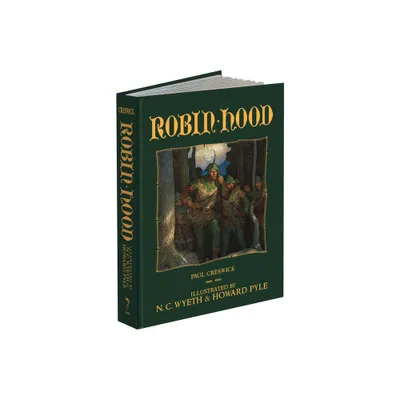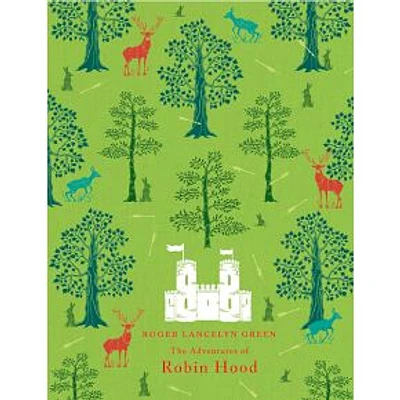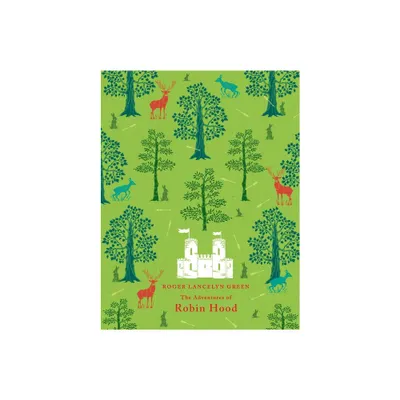Home
Robin Hood
Loading Inventory...
Barnes and Noble
Robin Hood
Current price: $7.95


Barnes and Noble
Robin Hood
Current price: $7.95
Loading Inventory...
Size: OS
*Product Information may vary - to confirm product availability, pricing, and additional information please contact Barnes and Noble
The first clear reference to "rhymes of Robin Hood" is from c1377, the late-14th-century poem Piers Plowman, but the earliest surviving copies of the narrative ballads that tell his story date to the second half of 15th century (i.e. the 1400s), or the first decade of the 16th century (1500s). In these early accounts, Robin Hood's partisanship of the lower classes, his Marianism and associated special regard for women, his outstanding skill as an archer, his anti-clericalism, and his particular animosity towards the Sheriff of Nottingham are already clear. ENGLAND during the twelfth, thirteenth, and fourteenth centuries was slowly taught the value of firm administrative government. In Saxon England, the keeping of the peace and the maintenance of justice had been left largely to private and family enterprise and to local and trading communities. In Norman England, the royal authority was asserted throughout the kingdom, though as yet the king had to depend in large measure upon the co-operation of his barons and the help of the burghers to supply the lack of a standing army and an adequate police. Under the Plantagenets, the older chivalry was slowly breaking up, and a new, wealthy burgher and trading community was rapidly gaining influence in the land; whilst the clergy, corrupted by excess of wealth and power, had strained, almost to breaking, the controlling force of religion. It was therefore natural that in these latter days a class of men should arise to avail themselves of the unique opportunities of the time


















